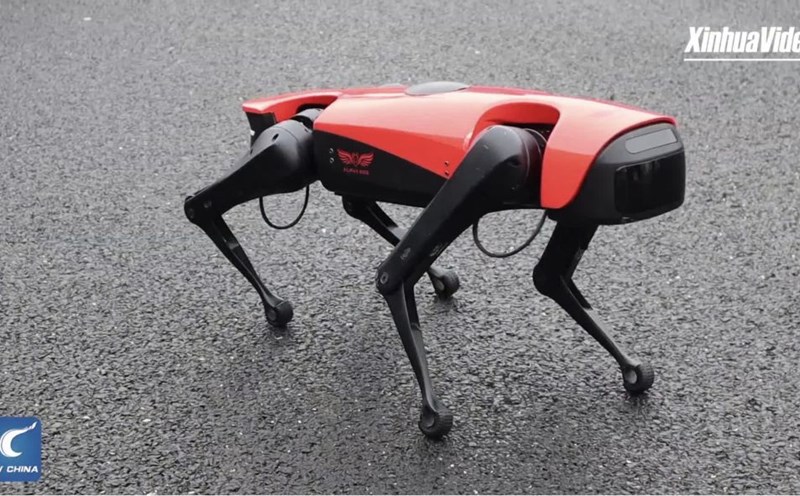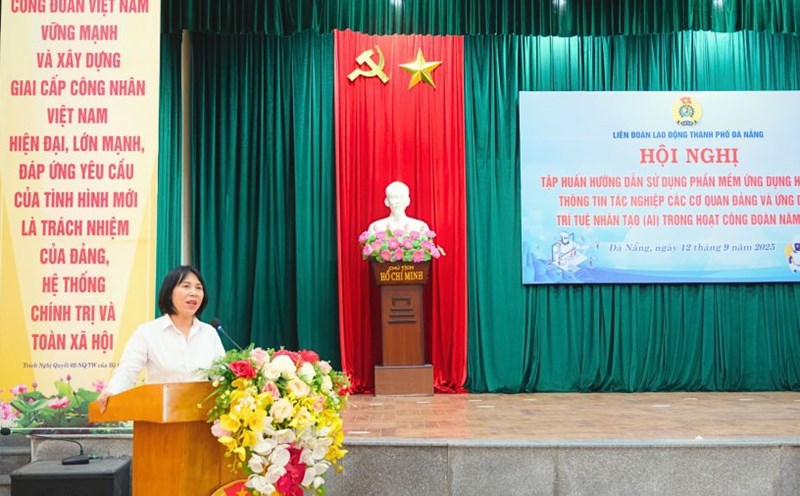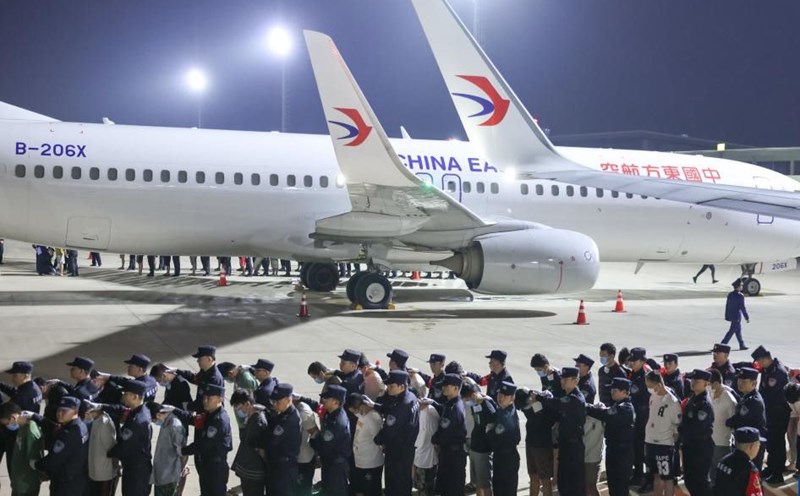For nearly a decade, OpenAI has been known as a pioneer in the research and development of artificial intelligence, especially with its original mission: Ensuring General Artificial Intelligence (AGI) for the benefit of all of humanity. Unlike most other technology companies, OpenAI was established as a nonprofit, seeking to distance itself from financial pressure from investors and the temptation of short-term profits. However, the strong advances of AI in recent years along with the huge cost of technology development have caused the company to face a paradox: How to continue to maintain a noble ideal when the pressure on capital is increasing?
That is why at the end of 2024, OpenAI's board of directors announced plans to transform into a for-profit company, specifically a Public Benefit Corporation (PBC). This model allows companies to call for capital like competitors, while maintaining a commitment to the public interest. But that decision did not go smoothly. It has faced a strong wave of protests from experts, the research community, and even legal regulators. Opponents say OpenAI is stepping away from the enlightenment mission it once announced. By May 2025, after many controversies, lawsuits and pressure from public opinion, OpenAI suddenly announced that it would cancel its departure from the non-profit model. The company decided to keep the structure so that the non-profit organization can continue to control everything, while the business department will convert to a PBC under its management. This is a strategic step back, showing that the AI giant's efforts to "come back" are not easy, while affirming that maintaining the original mission is more important than following the familiar model of the market.
Trying to bring AI into business
OpenAI started in 2015 as a non-profit organization, focusing on research on safe and beneficial artificial intelligence for the benefit of humanity. The initial vision is very clear: Not to let AI become a tool for a small group of investors or companies, but to ensure that this technology serves globally. Therefore, the non-profit model was chosen to avoid any conflict between shareholder interests and community interests.
But with the rise of ChatGPT and other AI systems, research costs have skyrocketed. Training modern AI models costs tens of billions of USD. In the context of fierce competition, competitors like Anthropic or Elon Musk's xAI all chose a for-profit structure to easily access huge capital from the market. OpenAI is therefore at a disadvantage if it does not change, the company is at risk of being left behind due to lack of financial resources.
The announcement of the plan to become a PBC by the end of 2024 shows OpenAI's efforts to harmonize the two factors, maintain public mission but still be able to raise large capital. A PBC is essentially a for-profit company, but has a legal obligation to integrate community interests into business goals. This promises to help OpenAI compete with technology giants and ensure the humane commitments it has made.
If successful, this transformation will not only bring financial benefits to OpenAI but also open up a new model for global AI companies. A for-profit company but bound by social responsibility can become a model for the development of safe and sustainable AI. However, as later evidence shows, that transformation is not easy when public trust is questioned and the law also closely follows.
OpenAI becomes the world's most valuable startup
OpenAI has just completed an internal share sale, raising the company's valuation to $500 billion. This number helps OpenAI surpass Elon Musk's SpaceX, becoming the world's most valuable startup, despite not yet making a profit. Despite not yet generating a profit, OpenAI is the focus of the AI infrastructure boom, signing a major contract with Oracle and SK Hynix to develop a data center and AI services. The company is also preparing a turning point when negotiating with Microsoft on transitioning to a joint stock company model for the benefit of the community.
Returning to the roots
When the conversion idea was announced, a series of negative reactions exploded. Dozens of researchers, scholars, and even those who have worked with OpenAI have signed an open letter to regulators in California and Delaware, asking to stop the plan. They believe that transferring control to a for-profit company is an act of betrayal of the original mission: Ensuring AGI serves humanity, not shareholder profits.
Critics are concerned that once control falls into the hands of independent for-profit structures, the important barriers to protecting the safety of AI research will be removed. The open letter compared this to the most dangerous technology exchange ever created for an organization with a top priority in financial profits. That concern is not only theoretical but also has legal value, when the judiciary begins to intervene. Meanwhile, OpenAI faces pressure from investors themselves. Some terms in the $40 billion capital call round in early 2024 stipulate that if the company does not complete the conversion, the investor has the right to withdraw capital. This puts the company in a dilemma, if it continues, it will encounter a wave of fierce protests, but if it stops, there is a risk of huge capital loss.
The peak of tensions was in early May 2025, after many dialogues with regulators and under pressure from public opinion, OpenAI suddenly announced that it would keep the full-control non-profit model. The company canceled the plan to withdraw the nonprofit from its supervisory role. Instead, the business department will be restructured into PBCs, but will still be directly controlled by the non-profit parent organization.
This decision shows an acknowledgement that in sensitive areas such as AI, the reputation and trust of the community are equally valuable, even surpassing financial opportunities. The return to the roots not only helps OpenAI maintain its mission but also affirms that AI needs to be developed in a transparent, responsible framework and serve the common good.
Lessons about the mission in business
OpenAI's turbulent journey to return to the original model has left many important lessons. It is easy to see that when a company has affirmed its public mission, changing it is not simply a business decision. That is also a legal commitment, the trust of society and the foundation for the company to exist. Once it goes back, the company could lose its reputation and support, which are vital factors in sensitive fields such as artificial intelligence. In addition, it can be seen that abundant capital is not always the key to success. The balance between finance and mission requires a suitable structure and it is not always effective to apply a popular model in the market. OpenAI is forced to return to the control nonprofit model to maintain trust and this proves that in business, protecting the original mission is sometimes more important than profits.
In the end, the biggest lesson is steadfastness in ideals. OpenAI was established to ensure AI serves humanity and despite many pressures, they still have to uphold this mission. This is proof that a company can be at a crossroads of profits and ideals, but the new ideal choice is the long-term path, helping to maintain confidence and position in the market.
Start-ups or businesses looking to transform can all learn from this story. Innovation is necessary, but cannot be exchanged for core missions for short-term benefits. Because, in the context of the world increasingly paying attention to social responsibility, a company can only be sustainable if the public interest is the foundation.
"In sensitive fields like AI, community prestige and trust are equally valuable, even surpassing financial opportunities."
"A company that operates for profit but is bound by social responsibility can become a model for safe and sustainable AI development."











